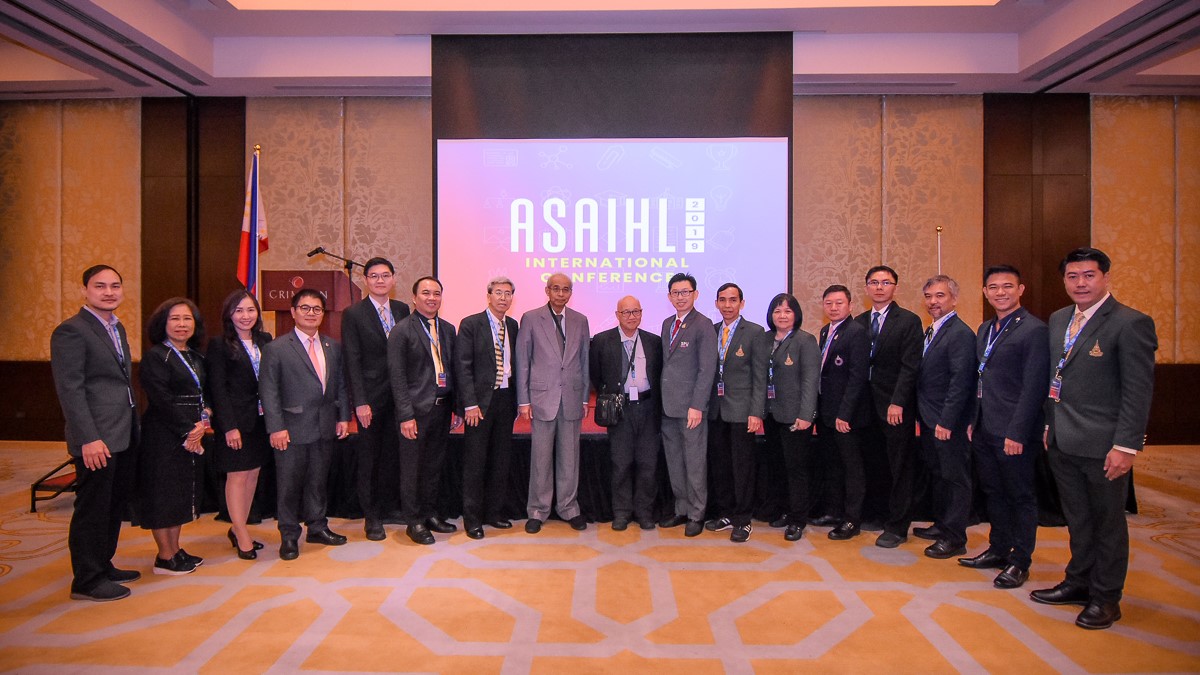Academic leaders belonging to the Association of Southeast Asian Institutions of Higher Learning (ASAIHL) and other schools pledged to take the necessary steps to prepare education for the fast-evolving and disruptive developments in technology during a two-day conference hosted by the ASAIHL National Council of the Philippines (NCP) that was attended by over 200 delegates.
The education visionaries underscored their serious consideration of the conference theme, “Reconfiguring Universities for the Future,” by signing of the ASAIHL 2019 Manila Declaration, which states:
In recognition of the contemporary need to reconfigure the universities for the future, in the spirit of academic freedom and institutional autonomy, we, the participants of the ASAIHL 2019 International Conference, resolve to undertake collegial and collaborative efforts to develop strategic responses that would transform our institutions of higher learning so that they can address the challenges and harness the opportunities of the new educational ecosystem.

The Declaration was adopted in the conference led by ASAIHL-NCP President Dr. Michael M. Alba of Far Eastern University and ASAIHL 2019 International Conference Chair Dr. Jose Francisco B. Benitez of Philippine Women’s University last July 25-26, 2019, at the Crimson Hotel, Filinvest Muntinlupa City.
The conference had the following subthemes: “University-Techvoc-Industry Alignment and Partnership for Teaching, Research and Development,” “Knowledge Sharing and Production in the Fourth Industrial Revolution,” “Technology Integration and Instructional Design for Global and Culturally-Diverse Learners,” “Liberal Arts, Creativity, and Flexibility in Higher Education,” and “Quality Assurance and Relevance in Higher Education.”
According to ASAIHL International President Prof. Dr. Suchatvee Suwansawat of King Mongkut’s Institute of Technology Ladkrabang, Thailand, reconfiguring universities is very important because if change and adaptation do not happen, then universities will be lost in the waves of an everchanging world.
“I believe that in this digital age education is less about students acquiring knowledge per se than about the classroom experience focusing on practical and hands-engagements, teaching future-proofed skills, and building capacity for living and working in a world of automation, internet-of-things, big data, artificial intelligence, and all other key technologies that define our world after the fourth-industrial revolution.
“We express our sincere appreciation to Dr. Michael M. Alba, all Board Members of the Philippine Council, and the collective efforts of the organizing committee, as well as those working behind the scenes for making this Conference possible,” ASAIHL Secretary-General Dr. Ninnat Olanvoravuth commented.
